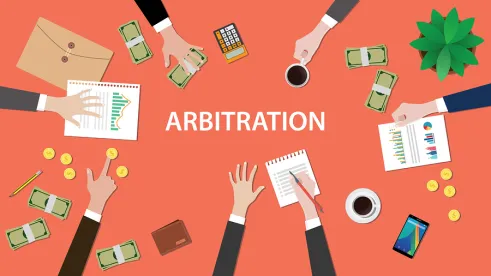On October 22, U.S. District Judge Phyllis Hamilton granted DoorDash Inc.’s motion to compel arbitration and held that delivery driver Manuel Magana is required to arbitrate his misclassification lawsuit.
Magana’s lawsuit claimed that the food delivery service misclassified drivers as independent contractors instead of employees in order to avoid paying them a minimum wage and to shirk responsibility for covering the drivers’ business expenses which include insurance, gas, and phone bills.
Related story: Ninth Circuit Destroys Uber Drivers’ Misclassification Suits
In the present lawsuit, Magana sought to amend his complaint with the addition of another named plaintiff, Jared Roussel, a driver who chose to opt out of the DoorDash arbitration agreement. Magana claimed that if one named plaintiff chose to opt out of binding arbitration, then the other drivers who signed onto it can also be deemed to have opted out, based on the decision in Bickerstaff v. Suntrust Bank.
In Bickerstaff v. Suntrust Bank decision, issued in 2016 by the Georgia Supreme Court, the court held that the named plaintiff, the proposed class representative, was permitted to reject mandatory and binding arbitration on behalf of other Suntrust Bank customers who also claimed that they were subjected to excessive overdraft fees, and were thus similarly situated.
The present court rejected Magana’s claim that the Bickerstaff decision supported proceeding with the misclassification lawsuit in court. In fact, the court held that Bickerstaff did not apply to these proceedings because it was based on Georgia’s contract law and Georgia’s class action statutes.
The court held that Magana’s lawsuit against DoorDash focuses on whether the company’s arbitration agreements preventing class actions are enforceable and lawful under the Federal Arbitration Act (FAA). In part, Magana argued that the arbitration agreement he executed was not enforceable under the FAA because he was a “transportation worker” who was engaged in interstate commerce. Judge Hamilton disagreed and indicated that Magana works locally, in San Jose, and that his job did not require him to cross state lines (nor did Magana plead that he did so). As such, the court held that the FAA applied to Magana’s arbitration agreement, and sent Magana’s case to arbitration.
The case is Manuel Magana v. DoorDash Inc., case number 3:18-cv-03395, in the U.S. District Court for the Northern District of California.



 />i
/>i

